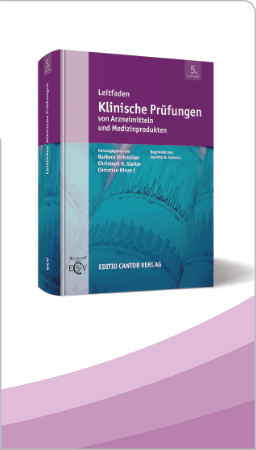Grundprinzipien einer effektiven und effizienten Qualifizierung
Anregungen für die Praxis – Teil 1: Grundprinzipien
GMP / GLP / GCP
Abstract
This contribution is part of a 4-part series of articles. Part 1 deals with basic principles, part 2 with planning, part 3 with implementation and part 4 is about comparison with the regulations.
The article “Qualification 4.0 – Unused Potential” [1, 2] reported that organizations remain stuck on the topic of qualification – which means documented proof of the reliability of technical systems that is required in the pharmaceutical industry. Also that this quite costly, labor-intensive and time-consuming quality assessment often fails to have the desired effect, and frequently prevents the timely completion of new construction projects. Reasons and initial possibilities for improvements have already been addressed. In the article that now follows, the problems are explored in more detail and concrete proposals are offered for possible solutions regarding especially critical points. Basic principles that promise success, if they are followed are discussed. This includes proceeding with common sense just as much as focusing on the contents – as opposed to concentrating on forms. Special emphasis must be placed on establishing user requirements and on risk assessments. Both topics are crucial to success or failure early on in a project. The goal-oriented structuring, design and handling of qualification documents as well as the intelligent integration of documentation from equipment suppliers doing preliminary work are addressed as well. As always, the suggestions leave room for optimization.
 | Ralf Gengenbach startete nach seiner universitären Ausbildung zum Chemieingenieur an der Technischen Universität (TU) Karlsruhe seine berufliche Laufbahn 1987 in der BASF AG, Ludwigshafen. Über 10 Jahre agierte er als interner Good-Manufacturing-Practice(GMP)-Berater, wobei er neben der Etablierung eines effizienten und kostenorientierten Qualifizierungssystems in zahlreichen Fachausschüssen zu diesem Thema u. a. beim Deutschen Institut für Normung (DIN), Verband der Chemischen Industrie (VCI) und der Gesellschaft für Chemische Technik und Biotechnologie (DECHEMA) mitwirkte. Er war früh in die Ausarbeitungen |
Schließen Sie hier ein Abonnement ab und profitieren Sie von den vielseitigen Nutzungsmöglichkeiten.





